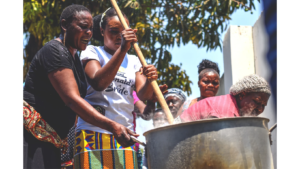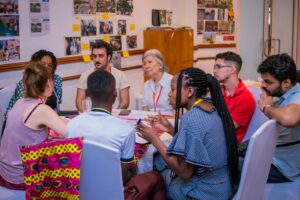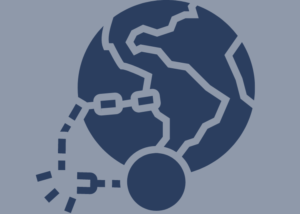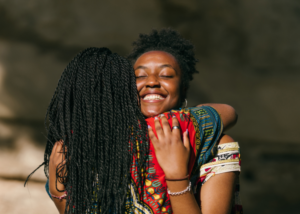Browse by Category

The African Union at 60: The Journey towards a culturally and linguistically connected Africa
Dr. Kwame Nkrumah, a founding father of the African Union in his autobiography, ‘The Autobiography of Kwame Nkrumah,’ narrates that he began his political career as a student at the

Mothers as Custodians of African Languages and Cultures
Ghana, just like other African countries, has a language policy that seemingly marginalizes the significance of African languages in the educational sphere. The policy dictates that from kindergarten to Grade

African journalists as gatekeepers for indigenous African languages and cultures
The Ghana Broadcasting Corporation (GBC), through its news anchors, has pioneered the promotion of the country’s local fabrics like the ntoma, kente, batakari amongst others. Most African countries have fabrics

Harnessing the knowledge of indigenous African languages and cultures for jobs
One of the greatest concerns for people with deep knowledge of indigenous African languages and by extension knowledge of cultures, is how they can translate this into some economic gains.

Language localization in multilingual and multi dialect societies in Africa
Katrina Esau Ouma, a holder of the Order of the Baobab in Silver award from the South African Presidency, is a nonagenarian on a mission to preserve the identity and

Harnessing the power of Artificial Intelligence in the promotion and preservation of African languages
The desire for technological advancements have been with us since before the Agrarian revolution and cuneiform writing in Mesopotamia about 12,000 years ago. Human civilization demanded assistance, through technology, to

What is the importance of Language in Decolonizing Education in Africa?
The role of language in decolonizing education in Africa is multifaceted. Historically, many African countries were colonized by Europeans, which often meant that the languages of the colonizers were imposed

African Languages: The Vital Role of Custodians in Preserving and Promoting
African languages and culture are constantly under duress, competing with other internationally recognized and accepted cultures, experiencing cultural convergence, hybridization and differentialism that result in assimilation, change, or even being

The Role of Stakeholders in Preserving and Promoting African Languages
Acculturation is one of the impacts of colonization in Africa. Over time, beyond colonization, most of African cultures and traditions have been assimilated and overridden by those of the colonialists.

African languages and Kiswahili: Is Kiswahili really a ‘killer’ language?
February, 2022 marked a great milestone as the African Union heads of state and governments unanimously approved Kiswahili as one of the official languages of interaction and transaction in formal
